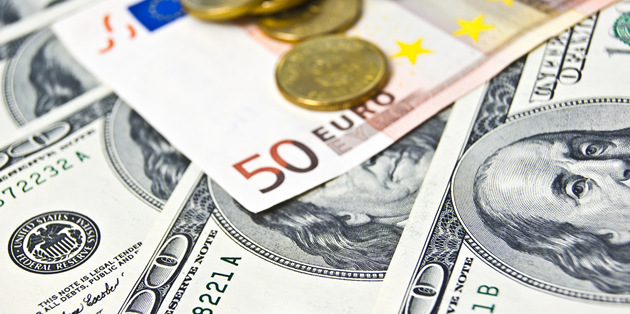Falling Eurozone Confidence Enables GBP/EUR Exchange Rate Gains
The GBP/EUR exchange rate rose on Thursday thanks to some disappointing Eurozone confidence stats and following the rate hike form the Federal Reserve.
A range of business and industry confidence measures showed an overall slowdown across the bloc, including a drop in consumer confidence levels. This represents the 9th month of falling sentiment in the Eurozone.
Furthermore, the Eurozone’s latest business confidence survey revealed that sentiment in the bloc was languishing at a one-year low this month as firms’ expectations worsened over trade fears.
GBP/EUR Could Rise Further on Bank of England Policymaker Speeches
The Bank of England’s Chief Economist Andy Haldane and Governor Mark Carney are both giving speeches this afternoon and traders will be keen to listen for any hints of interest rate policy going forward.
Despite continued uncertainty surrounding Brexit, Sterling investors hope that the Bank of England will be able to push through an additional rate hike this year.
With interest rates remaining at a low of 0.75%, any signs of a future rate hike could be enough to boost GBP.
EUR/GBP Hit by Italian Budget Concerns
The euro also lost ground against the pound today due to a number of concerns, not least of which is an Italian budget impasse.
Right before the deadline to present its first budget, media reports suggested there were fractures within Italy’s new coalition government.
In response the Italian government was forced to deny the reports that the Economy Minister was about to walk out.
Euro Inflation and German Unemployment Data Ahead
Tomorrow’s main Eurozone data will come in the form of German unemployment figures and, later, Eurozone-wide inflation data.
With no change to the jobless rate being forecast, the Euro may find itself being influenced more by the Eurozone inflation data.
As it stands, economists forecast a higher rate of year-on-year inflation, which if confirmed will likely lead to the Euro rising against the Pound.
Higher inflation will put more pressure on the European Central Bank to raise interest rates.



